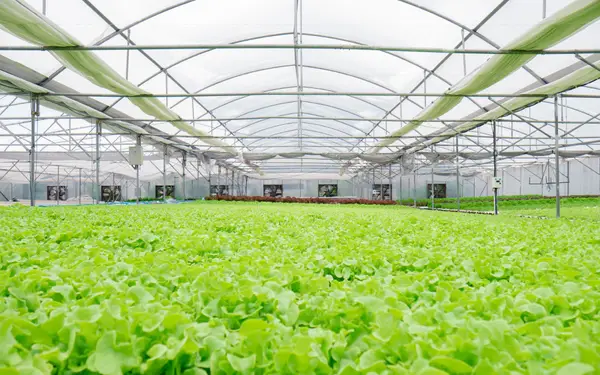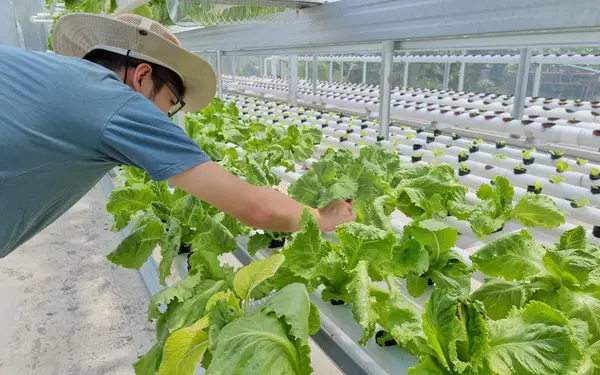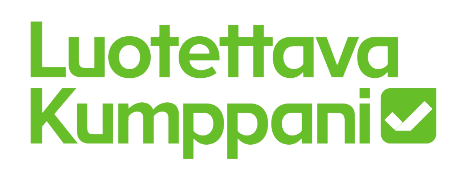Hillenraad100
For years, the Dutch horticultural sector has a top 100 ranking list of the most prestigious companies in the sector. This list, the Hillenraad100, is used by entrepreneurs, investors and decision makers as a reference for developments and trends in the industry. Being listed is an unequivocal confirmation of a company's reputation. The 13-member Expert Committee of Hillenraad100 assesses the companies on a basis of 19 factors, including strategy, market position, organizational performance, innovation and corporate social responsibility.
Since the last edition, the Hillenraad100 Expert Committee has been chaired by Ben Verwaayen. Ben has been, among other things, CEO for a number of companies, including Alcatel-Lucent SA and BT plc. He was also President of KPN Telecom and a Non-Executive Director of Bharti Airtel. Why did ‘Mr. Telecom’ accept the invitation when he was asked to lead the Expert Committee for the Hillenraad100?
"I am from the Westland, the heart of Dutch horticulture myself so I have been familiar with the most important players in this sector for many years. In my time at KPN I have been able to help the industry to improve their quality assurance standards. Together with CEOs from large Dutch companies we stated that it is important that horticulture in the Netherlands is among the "best in class" when it comes to quality. A few years ago, I was also involved in to better map the course of the sector and its future ambitions.”
The Hillenraad100 Expert Committee determines the ranking within various categories. As the figurehead of this jury, Ben Verwaayen mainly asks critical questions and likes to bring ‘the view from the outside in’ which was visible immediately.
In this way he has uncovered real diamonds of innovation. Under his leadership, the top 10 has been shaken up, to the dismay of the companies that had to accept a lower position on the list. The fact that some companies disagreed with their new ranking indicates how much value companies attach to the Hillenraad100.
“Our society places ever-changing demands on companies that provide products and services. Also in the horticulture sector, Ben Verwaayen comments. “We also need to stay away from traditional chain thinking and the role of the regular supplier. In a chain, everyone does their own thing, in fact independent of the other. That has worked well for years, but the current time asks for different requirements. Companies that understand that work more in a cluster and are better prepared for the future.
When working in a cluster, the mutual boundaries blur and dynamics predominate. For example, knowledge institutes also play a role in this. But also the government. As an entrepreneur you should have the impression that the government is behind you and that you are welcome and I think our government is doing very well.”




